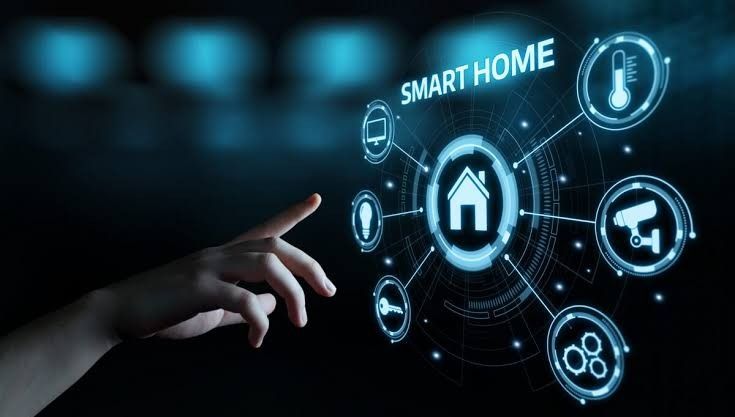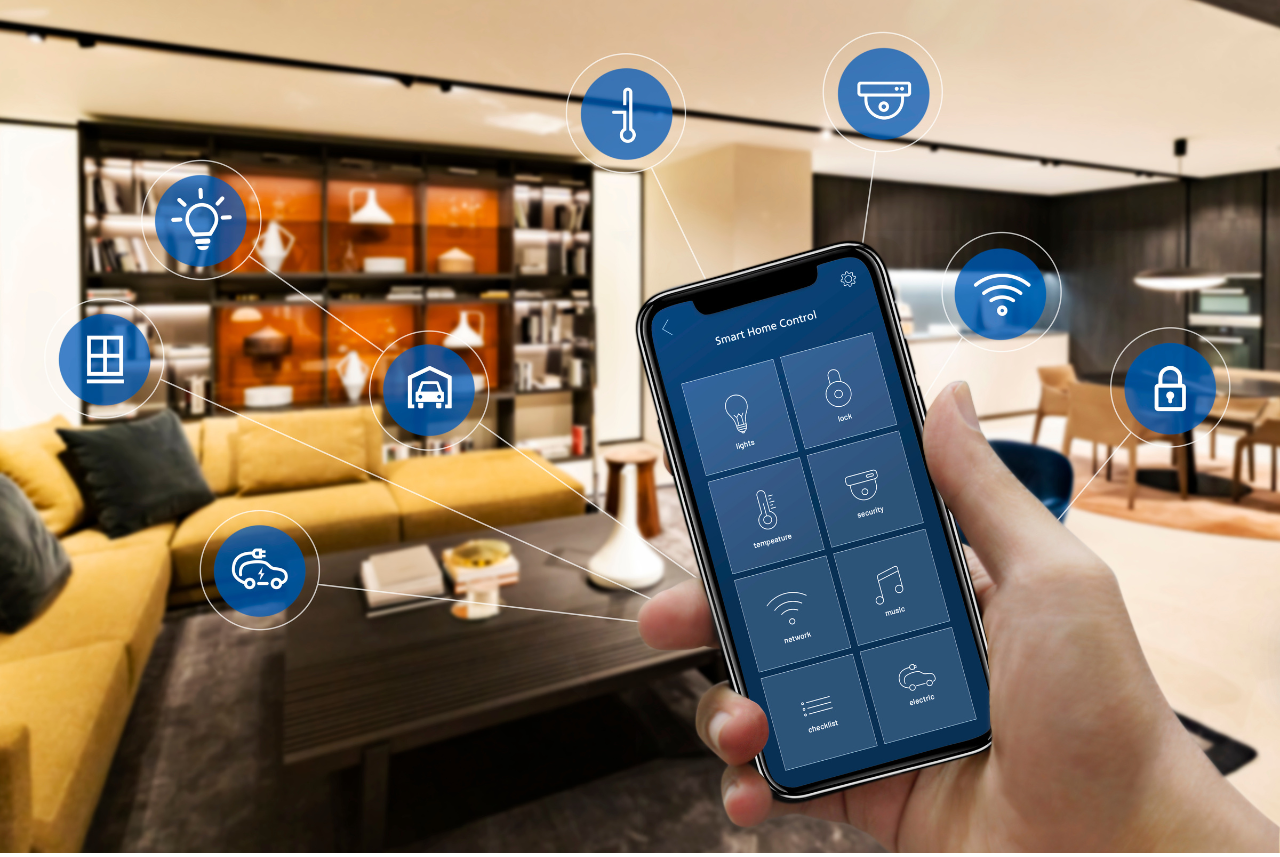
Optimizing Smart Homes with AI: Revolutionizing Modern Living
Share
In today's rapidly evolving technological landscape, the concept of a smart home is no longer a futuristic dream but a present-day reality. At the forefront of this innovation is the potential for optimizing smart homes with AI, a development that promises to revolutionize how we interact with our living spaces. This article delves into the intricacies of this transformation, exploring how AI is shaping the future of home automation and the myriad benefits it offers to tech professionals and enthusiasts alike.

The Rise of Smart Homes
The journey towards smart homes began with the introduction of devices that could perform specific tasks, such as smart thermostats and lighting systems. However, the integration of artificial intelligence (AI) has propelled this concept to new heights, allowing for a seamless and intuitive home environment. AI-driven systems can learn from user behaviors, adapt to preferences, and enhance the overall efficiency of household operations.
How AI Enhances Home Automation
Learning and Adaptation
One of the key strengths of AI in home automation is its ability to learn and adapt. By analyzing patterns in user behavior, AI systems can make informed decisions to improve efficiency. For example, a smart thermostat powered by AI can learn your daily routine and adjust the temperature accordingly, ensuring comfort while reducing energy consumption.
Seamless Integration
AI facilitates the seamless integration of various smart devices, creating a cohesive ecosystem within the home. Through platforms like Amazon Alexa or Google Assistant, users can control different appliances with a simple voice command. This interconnectedness not only enhances convenience but also contributes to energy savings and security enhancements.
Energy Efficiency and Cost Savings
Another significant advantage of optimizing smart homes with AI is the potential for energy efficiency and cost savings. By intelligently managing energy usage, AI systems can minimize wastage and reduce utility bills. Smart lighting systems, for instance, can automatically turn off when a room is unoccupied, ensuring that energy is not wasted.
Security and Privacy Considerations
While the benefits of AI in smart homes are undeniable, it is essential to address security and privacy concerns. With increased connectivity comes the risk of cyber threats and data breaches. It is crucial for tech professionals to implement robust security measures to safeguard personal information and ensure the integrity of smart home systems.
For more insights on the intersection of AI and home automation, check out this [link](https://iottechnologies.io/blogs/our-latest-posts/ai-and-iot-for-efficient-home-automation) for a detailed exploration.
Future Trends in Smart Home Technology
The future of smart homes is bright, with ongoing advancements in AI technology paving the way for even greater innovations. From predictive maintenance to enhanced voice recognition, the possibilities are endless. As AI continues to evolve, it will undoubtedly play a pivotal role in shaping the future of home automation.
For further reading on sustainable home automation, consider exploring these resources on [DIY sustainable home automation ideas](https://iottechnologies.io/blogs/our-latest-posts/diy-sustainable-home-automation-ideas) and the [ROI on sustainable home automation](https://iottechnologies.io/blogs/our-latest-posts/roi-on-sustainable-home-automation).
Conclusion
In conclusion, the integration of AI in smart homes is a game-changer that promises to redefine how we interact with our living spaces. From enhancing convenience and efficiency to improving security and sustainability, the benefits are manifold. As tech professionals and enthusiasts, it is crucial to stay informed about these developments and embrace the opportunities they present.
To explore more about the impact of technology on home automation, visit [this article](https://www.goodfirms.co/blog/iot-home-automation).

FAQs
What are some key benefits of optimizing smart homes with AI?
AI-driven smart homes offer enhanced efficiency, energy savings, and improved security. They can adapt to user preferences, reduce utility bills, and provide seamless integration of devices.
How does AI ensure energy efficiency in smart homes?
AI systems analyze user behavior to optimize energy usage. For example, smart thermostats can adjust temperatures based on occupancy patterns, reducing energy consumption.
Are there any privacy concerns with AI in smart homes?
Yes, increased connectivity can pose privacy risks. It is essential to implement robust security measures to protect personal data and ensure the integrity of smart home systems.
